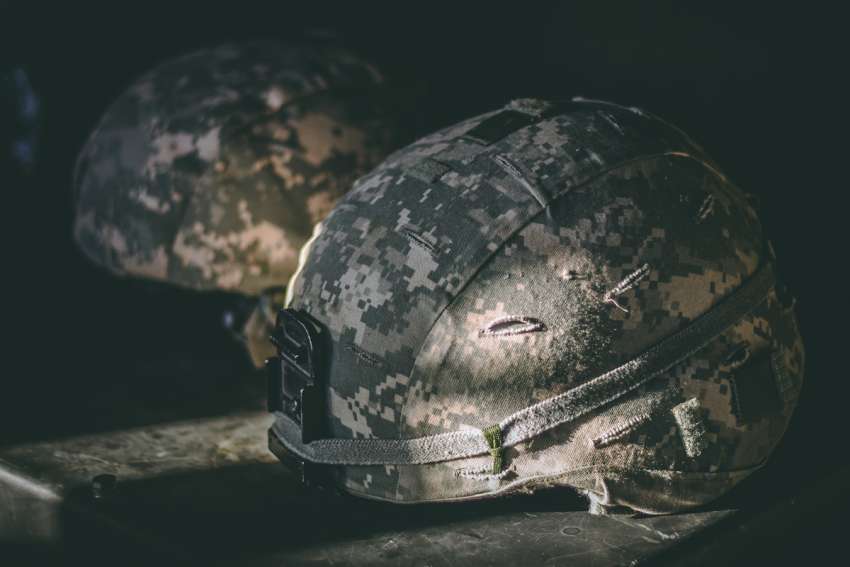For that reason, the leaders of Holy Mother Church especially, and Catholic institutions generally, should already be planning joint communications and lobbying pushback with other faith groups. A lightning response is essential to thwart the attack on the CAF chaplaincy and, ultimately, the rightful place of religious belief in Canada’s public square, including its parade squares.
Reports are surfacing, after all, of chaplains questioning their continued engagement with the military. Their demoralization follows an outrageous edict from the Chaplain General himself that forbids mentioning God during Nov. 11 services, and subjects the exercise of faith within the CAF to interest group pandering for so-called “gender-based analysis.”
Before such damage spreads past a point of no return, the first point of rhetorical attack must be to dismantle the propaganda spread by anti-faith forces that the shutting down of normal chaplaincy operations arises under the supreme authority of a Supreme Court of Canada ruling. Nothing could be further from the truth. The fog of political battle must not let that point be lost. It must be made clear that the so-called Saguenay decision, currently being used to deflect and obscure the machinations of the chaplaincy’s enemies, says the opposite of what is being claimed.
The SCOC wrestled in Saguenay with practical realities of ensuring State religious neutrality within a secular democracy that encompasses the vivacity of a multifaith society. The Court found that the Charter religious rights of an atheist had been infringed when a city council in Saguenay, Que., insisted on opening its public meetings with Catholic prayer. The council’s gesture of “accommodation” in telling the non-believer to simply leave the room while members were praying was, the Court held, a compounding of the original prohibited discrimination.
Repeatedly in its 2015 decision, however, the Court stresses that the State’s duty to neutrality requires openness to all faiths but in no way requires the watering down, much less the negation, of faith itself. In the reasons for judgment, Mr. Justice Clément Gascon makes the point that if Saguenay council had comprised exclusively atheists, it would have been equally in breach of the Charter had it compelled attestations of anti-theistic belief.
Saguenay quotes approvingly Justice Louis Lebel’s words from an earlier decision that distinguished State neutrality from active interference with (read suppression of) sincere faith: “The concept of neutrality allows churches and their members to play an important role in the public space where societal debates take place, while the state acts as an essentially neutral intermediary in relations between the various denominations and between those denominations and civil society,” Justice Lebel wrote in the Lafontaine decision.
Justice Gascon found those words compelling enough to graphically underscore them when he cited them in the subsequent Saguenay decision.
Can prohibiting Catholic military chaplains from publicly referencing God possibly be the conduct of an “essentially neutral” party? No, for any who might be wondering, it cannot. Nor is it in any way “neutral” to oblige those chaplains to represent their sincerely held, 2,000-year-old religious beliefs in the language and style of the latest fashionable ideological trend from politicized academia.
In fact, such demands contradict the definition of the term “intermediary” entirely. They are, rather, the first and unmistakable signs of a State activist agenda, which the Saguenay decision explicitly prohibits. That is the primary reason Catholic leadership and institutions should rally the interfaith troops, so to speak, to take up the cause of the CAF chaplaincy.
Bad and sad as it would be, from the perspective of lost tradition alone, if the chaplains were to fold their tents and vacate the field, what’s truly at stake is even more serious. Ideologues within our governmental structures have been busy for three generations driving all religious belief out of its foundational role in public life. If we do not stand democratically now, we will fall sooner than we think.


